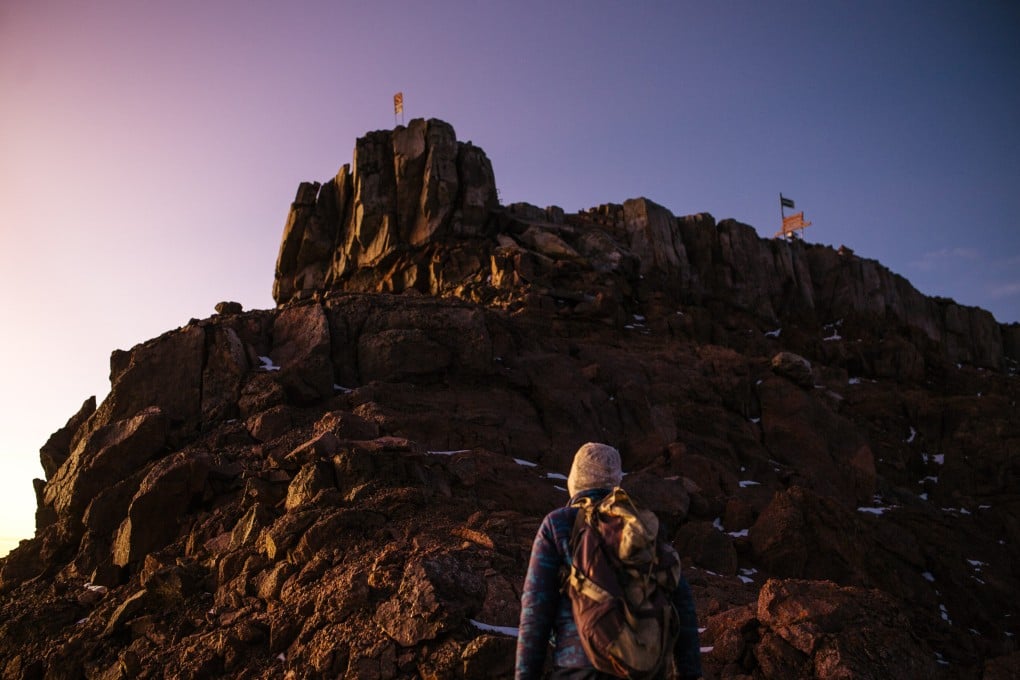Why Africa’s Mount Kenya risks becoming as polluted as Kilimanjaro, as access to its peaks is made easier for visitors
- The remoteness of Mount Kenya’s peaks has traditionally kept visitor numbers down, but when a road up the extinct volcano enabled more tourism, waste piled up
- The Unesco World Heritage site’s custodians are eyeing a cable car to bring in more money, but those who fear overtourism will ruin the mountain are speaking up

The view from Point Lenana – one of several peaks on Mount Kenya and the highest that can be reached by trekking alone – seems perfect, quite literally above it all, as the soft light of dawn breaks over craggy peaks and still glacial lakes.
We are lucky; there are no large parties or school groups sharing this 4,985-metre-high (16,060ft-high) vantage point this morning, but with the wind whipping through our layers, it is practically too cold to talk.
“You don’t want to stay up here too much longer than 10 minutes,” says our guide, Ian.
None of us has succumbed to altitude sickness but members of the few climbing parties below us don’t seem to have been so fortunate; some are throwing up violently.

It takes nearly three days to hike to a camp before summiting Lenana.
The very remoteness of Africa’s second-highest mountain – an extinct volcano – acts as a control on the number of people who make it this deep into the Mount Kenya National Park & Reserve – and disturb the local way of life.